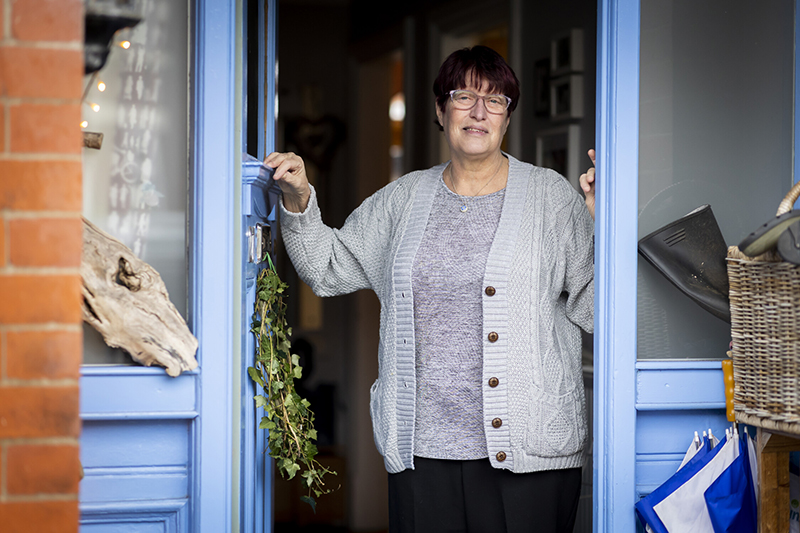Centre for Ageing Better highlights home improvement shortfalls
More of taxpayers’ money is spent on maintaining the Houses of Parliament than is made available for vital improvements on the rest of England’s 20 million privately rented and owner-occupied homes, a new report details.
The £100 million average annual bill for maintaining the Houses of Parliament is higher than the average yearly spend (£93 million) national government issues for home improvement grants, a new report from the Centre for Ageing Better and the Healthier Housing Partnership reveals.
And even the lowest, most optimistic projected cost of repairing the Houses of Parliament (£7bn) is almost double the amount of money spent over the past 20 years (£4.2bn) repairing the nation’s homes, reveals the report authored by housing renewal expert Dr Richard Turkington from The Healthier Housing Partnership.
In total, £2.3 billion has been cut from national home improvement funding over the past 12 years. This has prevented the repair of almost 600,000 homes and unnecessarily endangered the lives of more than one million people, the Lost Opportunities report published today reveals.
Over this time, national government has spent an average of just £93 million per year on home improvement grants – down more than 70% compared to the yearly average of £327 million between 2001/2 and 2010/11.
If the higher funding levels had been maintained, more than a quarter of homes with the most serious problems, Category 1 health hazards that pose the threat of permanent paralysis, permanent loss of consciousness, loss of a limb or serious fractures and even death to residents, would now have been renovated.
Dr Carole Easton, Chief Executive at the Centre for Ageing Better, said: “Millions of people are living in homes that are cold, damp and in need of repair. These are homes that cause physical and mental health problems, financial insecurity and feelings of isolation and helplessness to their occupants. This includes nearly one million non-decent homes headed by someone aged 65 and over.
“The current situation is not inevitable nor unsolvable. While the amount of government support for home improvement in the 2000s was insufficient to eradicate poor quality homes, it made a significant difference. The gap between then and now is vast.
“Failure to maintain adequate funding for home improvement has fuelled a hidden housing crisis in this country, where nearly 10 million people live in a home that is unsafe, cold or damp.
“It is imperative that national government revert to, at minimum, previous levels of home improvement support while making it easier for low income homeowners to access the finance they need to repair and maintain their homes.
“Without such action, our national housing stock, already the oldest and amongst the poorest in Western Europe, will continue to deteriorate and create enormous health issues that will require much greater public investment in the future to tackle.”
The significant shortfall in current home improvement funding is not only impacting individuals and families. As recent research from the Centre for Ageing Better, the cross party think tank Demos and Dunhill Medical Trust shows, a failure to invest in home improvement is causing the country to miss out on substantial economic and health benefits including: The creation of 100,000 new jobs and a £10 billion annual economic boost; Savings for the NHS of £1bn a year; Annual health benefits totalling £19bn. he report can be viewed at: https://ageing-better.org.uk and head to the latest news section.












